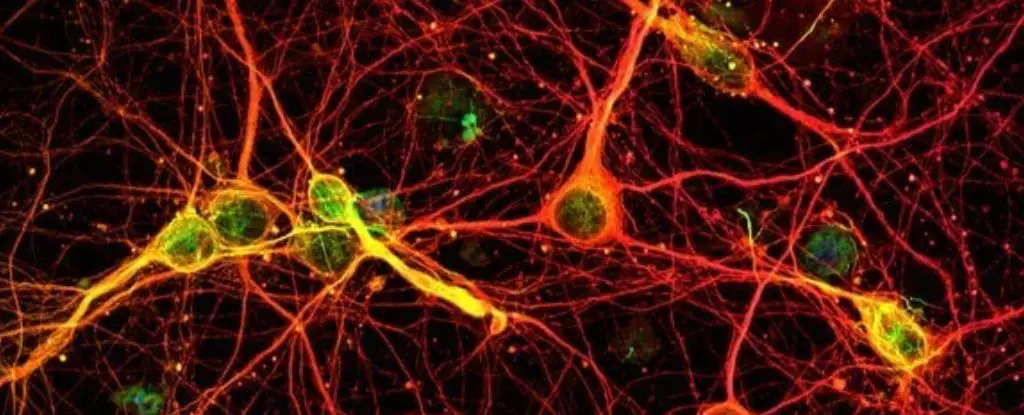Traditionally, the study of memory has centered around the brain and its intricate networks of neurons. However, recent findings from researchers at New York University (NYU) challenge this long-held assumption by revealing that memory formation is not confined to the brain. Instead, memory mechanisms may operate throughout the entire body, suggesting a profound and complex interplay between different cellular systems. This research has significant implications not only for understanding learning processes but also for addressing memory-related disorders.
One of the key discoveries of this research is the massed-spaced effect, a phenomenon that enhances the formation of memories through repeated exposures or behaviors over time. Unlike cramming, which is often ineffective for retaining information, spaced repetition strengthens memory consolidation by utilizing cycles of chemical activity. The researchers examined the impact of this process not only on neurons but also on non-brain cells such as nerve and kidney cells. By using specific chemical treatments in laboratory conditions, the study demonstrated that these cells are capable of responding in ways analogous to neuronal behavior.
The experiments revealed that by subjecting kidney and nerve cells to specific chemical signals associated with memory formation, researchers observed the activation of genes known to facilitate memory. This activation was measured through the expression of a byproduct known as luciferase. Such findings challenge the traditional view of memory as an exclusively neural process, indicating that cellular memory might be a fundamental property shared by all cells, thereby expanding the landscape of memory research.
An intriguing aspect of this research involves the use of “chemical training pulses,” specifically proteins like protein kinases A and C (PKA and PKC). These proteins are vital components of the signaling cascades involved in memory formation. The study highlighted that the effectiveness of these chemical pulses is closely related to both the frequency and duration of their application. For example, a single three-minute pulse of these proteins could initiate memory-related activities within cells, but its effects were short-lived. In contrast, multiple pulses led to a more sustained activation of memory genes, suggesting that repetition and timing are critical factors in cellular memory retention.
This parallels the way neural networks function, where spaced repetition solidifies connections and encodes stronger memories. By drawing parallels between cellular responses and neuronal behavior, the researchers provide compelling evidence that the mechanics of memory may be more universally applicable than previously thought.
The implications of these findings extend beyond mere curiosity about memory formation. The concept of “body memory” poses new questions regarding how the totality of memory might influence overall health and well-being. The researchers suggest that an understanding of memory pathways in individual cells may pave the way for new therapeutic approaches for learning and memory disorders. By treating the body with the same importance as the brain in memory studies, researchers could uncover strategies to mitigate the effects of cognitive impairments.
Additionally, if cellular memory contributes to both healthy and diseased states, then therapeutic interventions might be tailored not just to treat neural conditions but also to target broader physiological responses. This opens new avenues for exploring how memories are formed, stored, and potentially retrieved at a cellular level, illuminating a path toward integrative medicine approaches that consider both mind and body.
The groundbreaking research from NYU challenges conventional notions about memory, heralding a new era in understanding how learning and retention occur at a cellular level. By recognizing that memory processes are intrinsic to all cells, not just neurons, this study cultivates a richer understanding of learning mechanisms and offers hope for innovative treatments for memory-related issues. As we continue to explore the intricate relationship between memory and various bodily systems, it is essential to foster a more holistic view of health that encompasses both the brain and the body. This research not only reshapes our understanding of memory but also ignites curiosity for future explorations in neuroscience and cellular biology.

